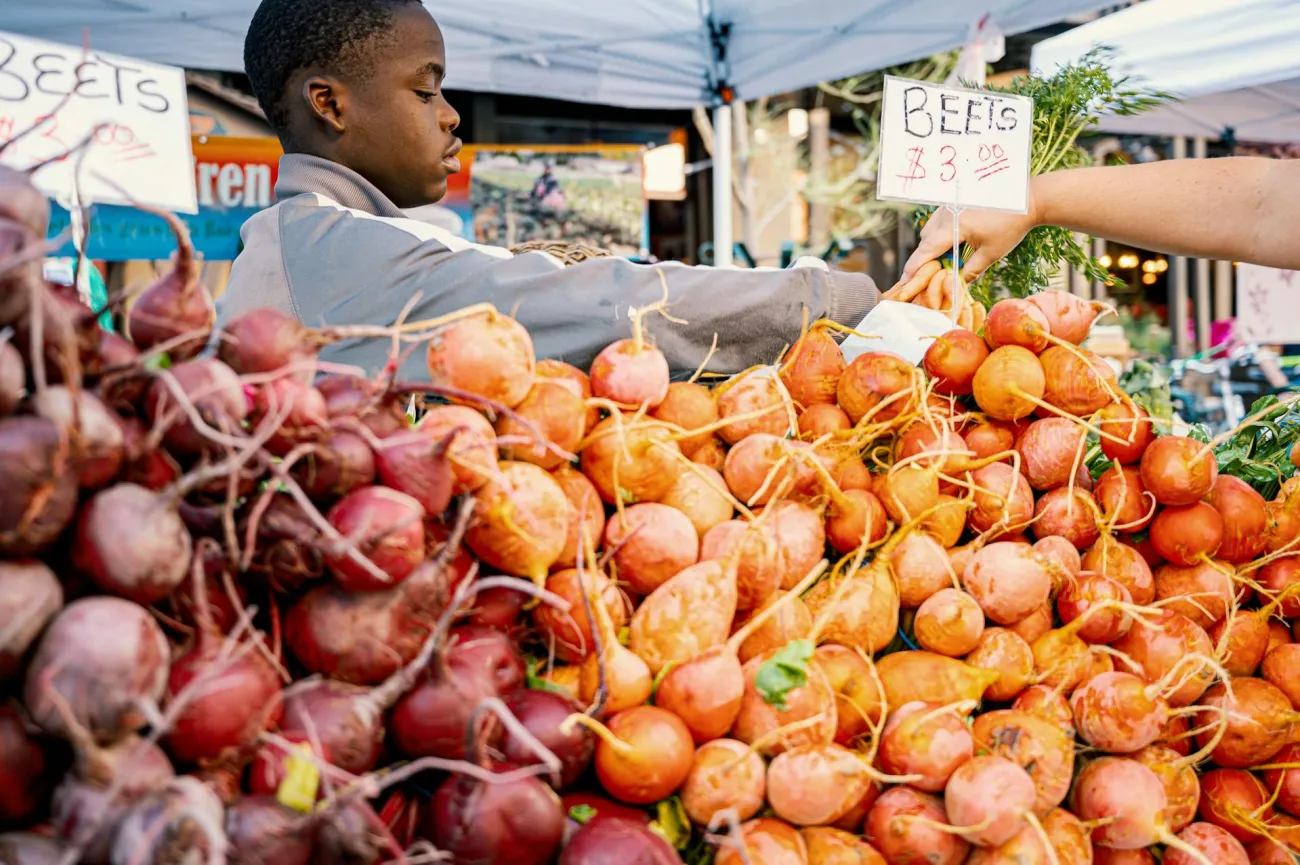This report summarises food waste research conducted by the Sustainable Consumption Institute (SCI), University of Manchester, and its implications for a transition towards a sustainable food system.
The report describes how SCI’s research on food waste seeks to bring waste policy and research into closer dialogue with contemporary social science perspectives on consumption.
Thsi document draws on qualitative and quantitative data, and offers an account of household food waste, reframing the question of how to change domestic practices from one of individual behaviours to one of the context of behaviour.
The authors write:
“Our research suggests household food waste is best understood as a product of household dynamics and routines, cultural expectations around cooking and eating, and the social organisation of food consumption. Patterns of household consumption and waste are shaped by forces outside of the home. We suggest interventions in household food waste reduction should:
- Distinguish between the cause and location of food waste
- Focus on shared conventions around food and eating
- Think about where, when and how meals are eaten”
By looking beyond households and consumers, the SCI has explored the ways in which the challenge of food waste reduction is being framed, interpreted and responded to by a range of stakeholders – including retailers, policy makers, NGOs, campaigners and consultants. The synthesised research suggests that a multistakeholder coalition has rapidly developed around the issue. Unlike many contentious social and environmental issues, in which there are rival problem framings, they found a broad consensus around an ensemble of shared ideas and understandings.
Crucially, the authors write, there is widespread recognition that responsibility for food waste reduction is distributed throughout the food chain and that the links between parts of the system are key. However, retailers have a pivotal role to play and are well placed to affect changes upstream (with suppliers) and downstream (with consumers).
Read the full research summary report here.
Find more resources related to food waste on our website in the subcategory on Waste and Resource use.




Comments (0)